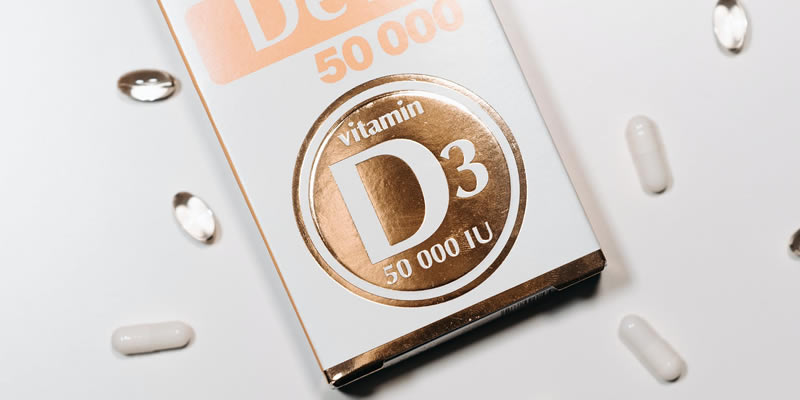There has been mixed reaction online to the news that a COVID-19 vaccine has been approved by UK regulators.
It was announced that the vaccine, developed by Pfizer/BioNTech, will be made available from this week.
Despite health experts, researchers, regulators and the Government insisting it has been thoroughly safety tested, many people are questioning the validity of the product because it was only developed in 10 months. Most clinical trials can last years.
- Bereaved COVID-19 families slam relaxed Christmas restrictions
- Black people twice as likely’ to get COVID-19
The vaccine has been authorised for emergency use by regulator Medicines and Healthcare products Regulatory Authority (MHRA), which approves all medication.
A Department of Health and Social Care spokesman said the emergency approval comes after “months of rigorous clinical trials and a thorough analysis of the data by experts at the MHRA who have concluded that the vaccine has met its strict standards of safety, quality and effectiveness”.
Dr June Raine, head of MHRA, has insisted that “no corners had been cut” in assessing the vaccine’s safety.
Speaking at a Downing Street press conference, she said: “The safety of the public will always come first”, before adding the recommendation has “only been given by the MHRA following the most rigorous scientific assessment of every piece of data”.
Dr Mark Toshner, who describes himself as a “clinical trials geek” has drafted an article to address people’s fears.
Writing in The Conversation, an independent source of news and views sourced from the academic and research community, he said: “I keep hearing people talk about the seven to ten years it takes to make a vaccine and how dangerous speeding this up might be. The word that keeps popping up is “rushed”, and it is making the average person nervous about vaccine safety.
“So, as a clinical trials doctor, I am going to tell you what I do for most of those ten years – and it is not very much.”
He went on to explain all the red tape, waiting and paperwork which is usually involved in committing 10 years to clinical research.
- Brits urged to stop ‘soldiering on’ when they become unwell
- How do I know if I have a cold, the flu or coronavirus?
- Experts urge Government to add vitamin D to food to help aid COVID-19 battle
During the article he said time is spent writing and submitting grants, rewriting them, waiting for review, resubmitting, liasing with ethics boards, recruiting and finding trial sites.
He said: “Next time somebody expresses concern at the astonishing speed the vaccine trials have happened at, point out to them that ten years isn’t a good thing, it’s a bad thing. It’s not ten years because that is safe, it’s ten hard years of battling indifference, commercial imperatives, luck and red tape.
“Safety has not been compromised. All trials have been through the correct “phases” or process of any normal drug or vaccine. Hundreds of thousands of the very best of us volunteered and had an experimental vaccine.”
However, the World Health Organization’s Dr David Nabarro told BBC Radio 4’s World at One programme that the Pfizer vaccine would not replace safety measures we have become accustomed to for some time.
He insisted that members of the public would have to continue social distancing, mask wearing, washing hands and self-isolating.
He said: “The vaccine will only start to dent the size of the pandemic somewhat later in the year.”
In the community:
Plans are already underway to vaccinate residents in care homes, their carers and anyone aged 80 or over.
The Pfizer/BioNTech vaccine has proven to be 95% effective in preventing coronavirus infections and caused no serious safety concerns.
There are currently other vaccines being developed, but are yet to have been given the official green light.
Close behind the Pfizer/BioNTech product is AstraZeneca and Oxford University’s vaccine, which is currently 62% to 90% effective.




